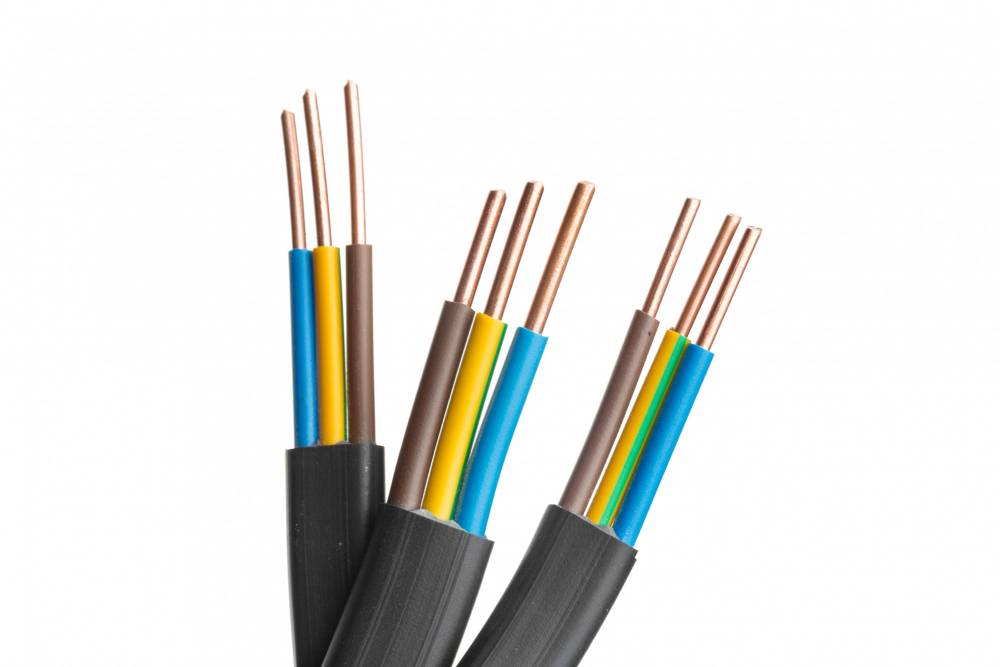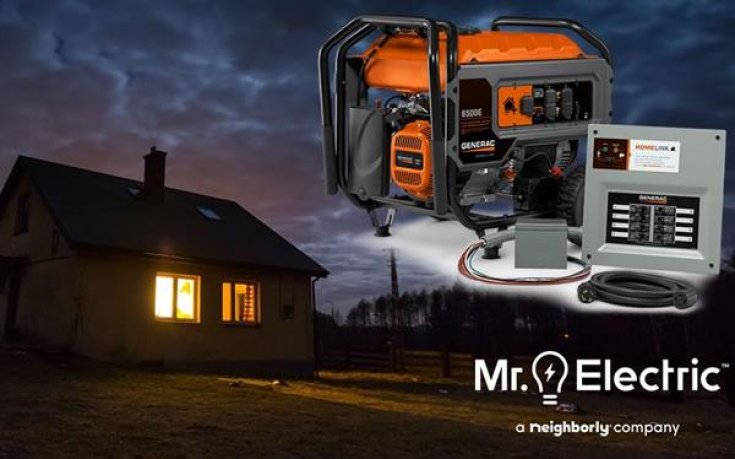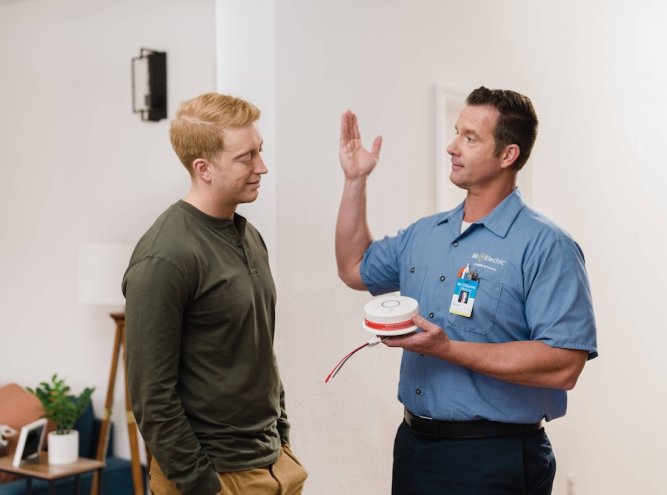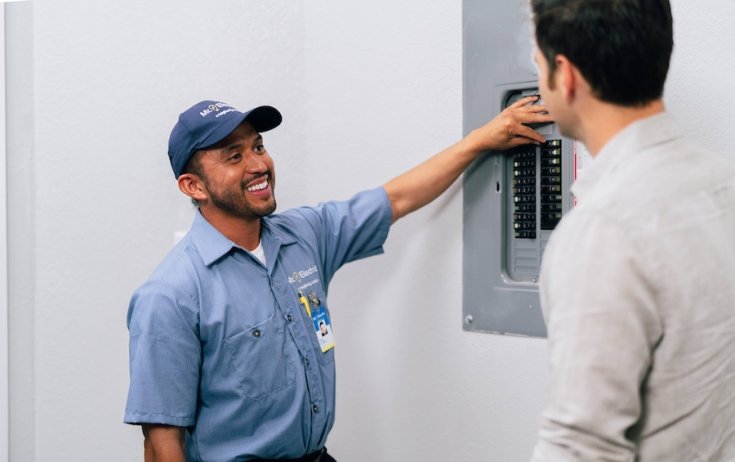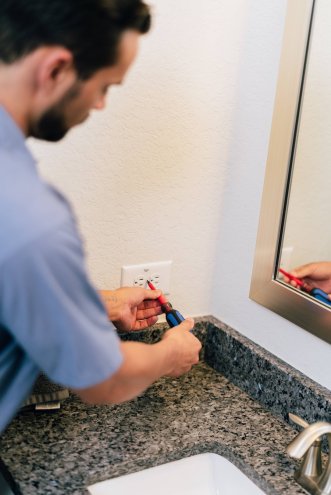Electricity powers our homes, schools, and workplaces alike. By flipping on a switch or plugging something in, lights come on; when plugging something else in, its functionality begins immediately. Have you ever noticed all those colorful wires hidden behind walls? Mr. Electric is here to help you understand them. It can help provide insights into what may be going wrong in your electrical system, which is paramount if you ever hire an electrical repair service to help repair or update it!
The Basics of Electrical Wiring
Before discussing wire colors, let's review electrical wiring to understand its basics. Electrical wiring involves connecting wires from your breaker panel to your home's outlets, switches, and appliances. An electrician ensures these wires are installed safely to avoid potential risks or injuries from their improper placement.
Standard Wire Colors and Their Meanings
Electrical wires come in different colors, each representing its specific function. Understanding their significance will simplify navigating simple electrical tasks or speaking with an electrician.
Black Wires
Black wires are among the most frequently encountered electrical components and typically act as hot wiring to transport electricity between your breaker panel and an electrical device. If you ever come into contact with live black wires, be aware that they could still be live; to remain safe, it would be prudent to ensure power has been turned off before handling or touching these wires. Otherwise, call an electrical repair service for guidance if you need more clarification.
White Wires
Neutral wires complete an electrical circuit. While considered neutral, these wires still carry current, which needs to be handled carefully when repairs or installations are made by professionals such as electricians.
Grounding Wires
Green and bare copper wires are essential in providing electricity with an outlet in case of a short circuit or fault, thus helping prevent shocks or fire. Therefore, grounding wires play a vital safety function, with any issues needing immediate attention from an electrical repair service.
Red Wires
Similar to black wires, red ones are used as hot electrical wires—typically for switch legs or connecting smoke detectors within home circuits—although they are sometimes also found in 240-volt installations. If you encounter red wires but are still determining their purpose or any potential risks they present, seek professional guidance immediately from an electrician.
Blue and Yellow Wires
Though blue and yellow wires may not be standard household features, they still serve an integral function in home wiring systems. While blue wires are commonly utilized for three- and four-way switches, yellow can serve to switch legs or be found elsewhere within applications requiring electrical changes that require professional maintenance.
Why Wire Colors Matter
Wire colors enhance aesthetic appeal and are integral to safety and functionality. Correctly identifying wire colors helps prevent electrical accidents by informing those working on your system which wires are live, neutral, or grounded—knowledge that both homeowners and professionals must possess to work safely on systems.
Knowing wire colors helps prevent errors when planning a small DIY electrical project. But beware: working with electricity can be dangerous! If in doubt, seek professional assistance by calling an electrician or electrical repair service.
Safety Tips When Handling Electrical Wiring
While understanding wire colors is essential, prioritizing safety must always come first. Here are a few key points you should keep in mind when handling electrical wiring:
- Shut Off Power Before Beginning Electrical Work: Always switch off the main power before commencing any electrical work.
- Tools: Use proper tools with insulation that prevents electric shocks and safety gear like gloves and goggles for added protection.
- Avoid Water: Never work on electrical wiring under wet conditions!
- Knowing Your Limits: For complex electrical projects, it may be safer to contact an electrician instead.
When To Call An Electrician
Even if you consider yourself capable of handling electrical wiring independently, professional help may still be required in certain instances. Here are a few scenarios when calling an electrical repair service is essential:
- Major Electrical Repairs: For complex repairs that necessitate licensed electrician expertise.
- Upgrading Your Electrical System: Hiring an electrician ensures upgrades comply with local codes and are performed safely.
- Recurring Electrical Issues: Recurrent electrical problems could signal that professional inspectors must investigate deeper issues further.
Mr. Electric
Understanding electrical wire colors is essential when working around electricity, from handling simple tasks yourself to major installations or repairs that necessitate professional electrician services. While you might be capable of handling some minor tasks on your own, consider their importance - safety should always come first when handling electrical installations or repairs in any form, such as major renovations. It is always wiser to contact a reputable and licensed professional for major electrical repair work or installations, as they possess all the skills and experience to manage electrical wiring installations safely. Hence, your home remains safe for everyone in and around it!



